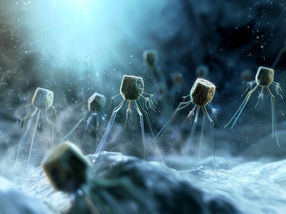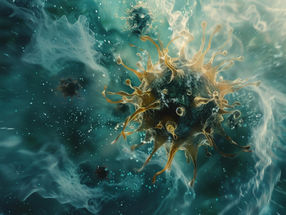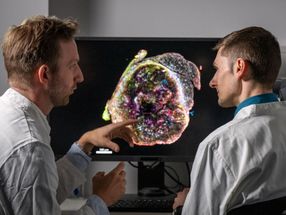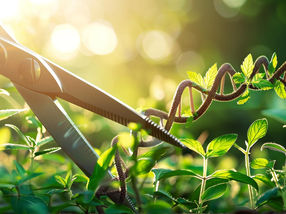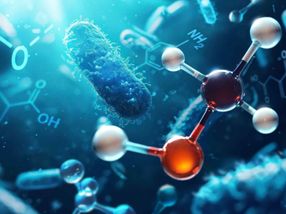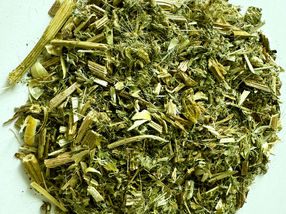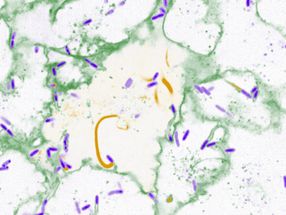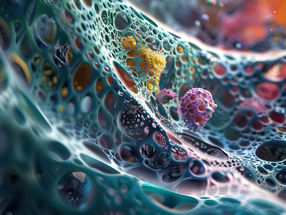Experts of the University of Almeria prove that olive oil reinforeces the therapeutical properties of an antioxidant
A project carried out by researchers of the University of Almería and the Unit of vitamins of Hospital Universitario Puerta de Hierro (Madrid) reveals the potentiality of virgin olive oil as vector of the therapeutical properties of lutein, an antioxidant that has proven to be efficient to prevent neurodegenerative diseases or cancer.
Lutein is found naturally in dark green leafy vegetables such as Brussels sprouts, peas, spinach, lettuce, nettles, and the petals of some flowers, like marigold, from which most of this component that is part of dietary supplements is obtained. The UAL has patented a technique to massively produce this component using between 6 to 10 grams per kilogram of biomass of a micro alga called Scenedesmus almerienses.
’The bioavailability of this component has been studied in the last few years by different research groups so as to get to know the fraction of lutein that gets to the bloodstream’, José María Fernandez-Sevilla points out.
Thanks to agreements signed between the Unit of Vitamins of Puerta de Hierro clinic, the UAL has carried out several in vitro trials so as to know its bioavailability according to the vectors used, olive oil and fermented milk being some of them. In a rate of 1 gram of this substance per litre of virgin olive oil, experts found that whereas only 15% of the product was metabolized after direct intake, with olive oil the rate was 90%. The study has been published in the journal Food Chemistry
’We believe that the fatty matrix of olive oil is the cause of such high percentage of absorption’, he said. ‘This translates into an extraordinary value as a natural source of pharmacological products to fight muscular senile degeneration and other human cardiovascular pathologies’ he explained.
Researchers of Puerta de Hierro worked on several lab simulations, and in the short-term, they will carry out bioavailability trials in cold meats and high protein diets.
Most read news
Organizations
Other news from the department science

Get the life science industry in your inbox
From now on, don't miss a thing: Our newsletter for biotechnology, pharma and life sciences brings you up to date every Tuesday and Thursday. The latest industry news, product highlights and innovations - compact and easy to understand in your inbox. Researched by us so you don't have to.

